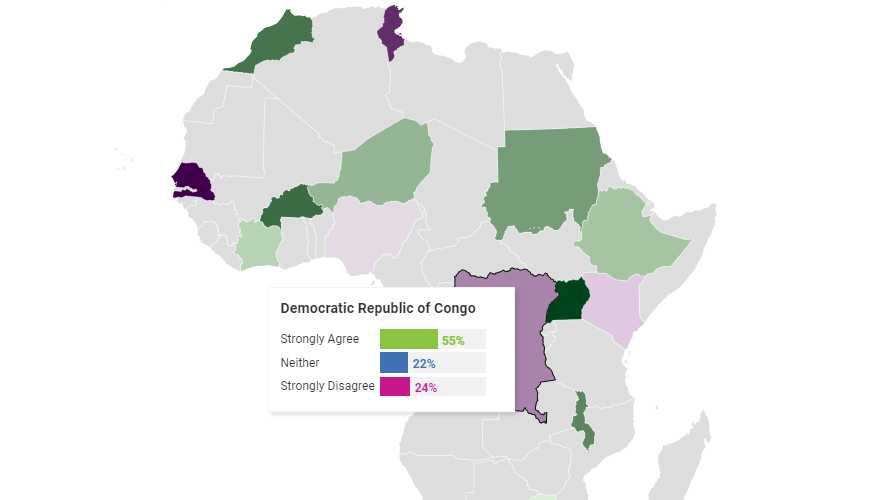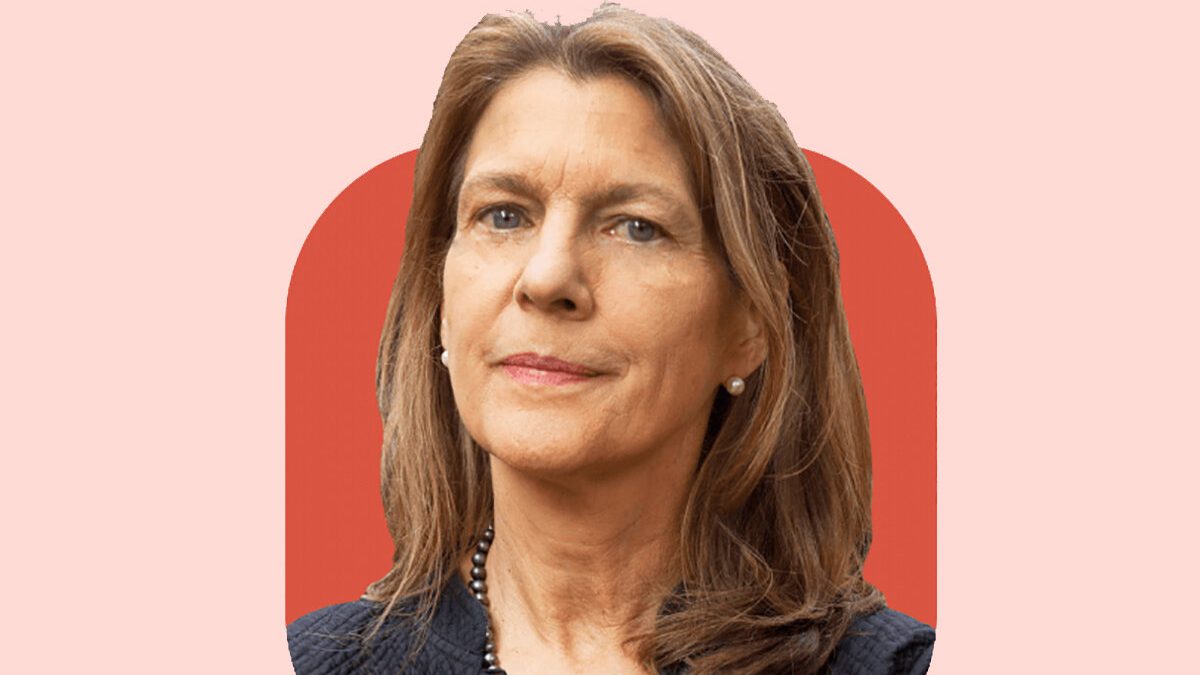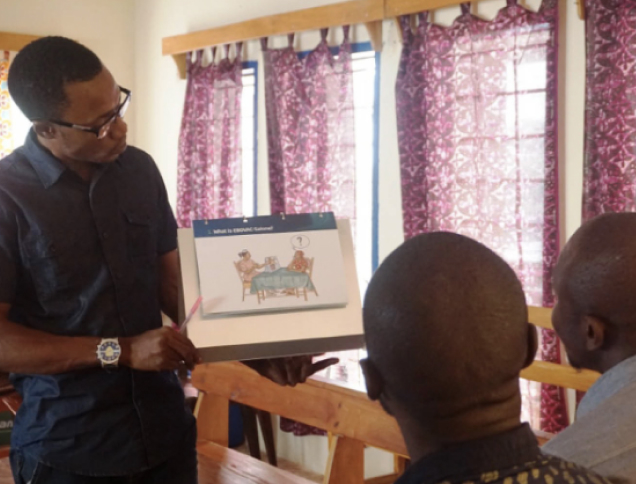Will a future COVID vaccine be undermined by anti-vaxxers? What are the causes of declining vaccination rates? Why does this medical scepticism persist, and how might it be tackled? Or might there be times when scepticism is justified? And if so, how are we to determine when we should and when we should not trust the experts? Rohin Francis, Katherine Furman, and Heidi Larson discuss the causes of and cures for distrust in medical expertise.
Related content

To identify knowledge gaps, beliefs and attitudes in relation to the COVID-19 pandemic and COVID-19 vaccine acceptance among adults in the Asia-Pacific region, the Vaccine Confidence Project conducted two waves of quantitative research in 2021 and 2022.

The aim of this study was to investigate public knowledge and perceptions of both the COVID-19 pandemic itself and COVID-19 vaccine acceptance among adults (aged…

Vaccine hesitancy and anti-vax sentiment have been around for as long as vaccines themselves have been available.

Overview The Vaccine Confidence Project at the London School of Hygiene & Tropical Medicine, in partnership with Premise, developed ASSURE – Assessing Signals and Supporting Resilience.

There’s been a worrying decline in diphtheria, polio and measles jabs. We should heed the lessons of COVID-19.

EBODAC (Ebola Vaccine Deployment, Acceptance and Compliance) was set up to develop strategies and tools to encourage acceptance and uptake of new Ebola vaccines in the context of clinical trials.